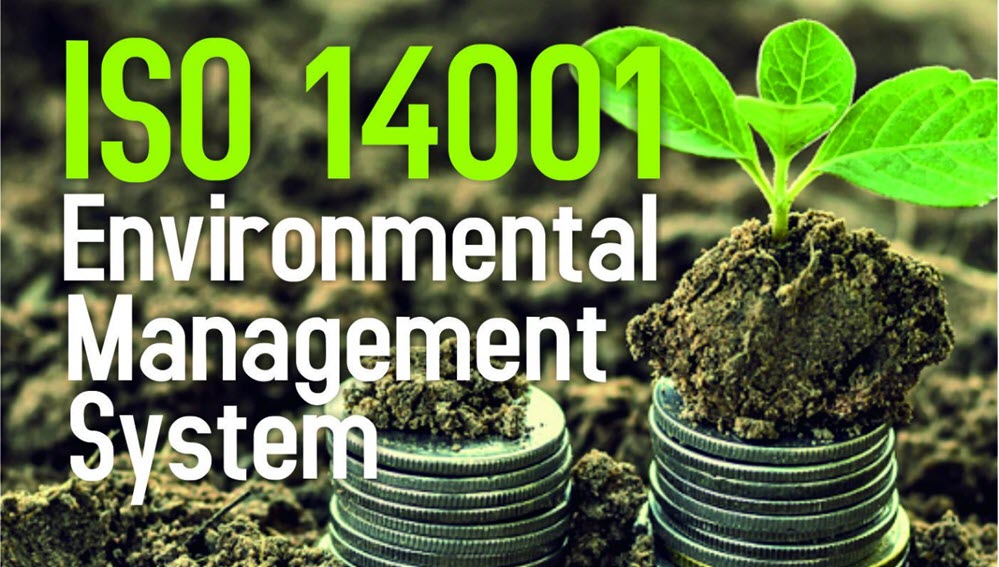EQMS Blog

What is the ISO Certification Process
ISO (International Organisation for Standardisation) is an independent, non-governmental organisation that develops and publishes international standards for various industries and fields. The ISO certification process is a way for organisations to demonstrate that they meet these standards and are committed to continuous improvement in their operations. In this article, we will explore the ISO certification process and what it involves.
Understanding ISO Certification
ISO certification is not mandatory, but it is increasingly becoming a requirement for businesses that want to be competitive in the global market. ISO certification provides a framework for organisations to improve their operations, reduce waste and errors, and increase customer satisfaction. It also helps businesses meet legal and regulatory requirements, demonstrate social responsibility, and improve their environmental performance.
The ISO certification process involves several steps, which we will discuss in detail below.
Step 1: Selecting the ISO Standard
The first step in the ISO certification process is to select the appropriate ISO standard for your business. ISO has developed standards for a wide range of industries and fields, such as quality management, environmental management, information security management, and occupational health and safety management. Each standard has specific requirements that organisations must meet to obtain certification.
Step 2: Preparing for Certification
Once you have selected the ISO standard that is relevant to your business, you will need to prepare for certification. This involves assessing your current processes and practices against the requirements of the ISO standard and identifying any areas that need improvement. You may also need to develop new processes and procedures to meet the standard’s requirements.
Step 3: Hiring an Accredited Certification Body
To obtain ISO certification, you will need to work with an accredited certification body. These organisations are authorised by ISO to assess whether your business meets the requirements of the ISO standard you have selected. Accredited certification bodies have the necessary expertise and experience to conduct audits and issue certifications.
Step 4: Conducting a Gap Analysis
Before the certification audit, the certification body will conduct a gap analysis to assess whether your business is ready for the certification process. The gap analysis will identify any areas where your business is not meeting the requirements of the ISO standard and provide recommendations for improvement.
Step 5: Certification Audit
The certification audit is the main part of the ISO certification process. The certification body will conduct an on-site audit of your business to assess whether you meet the requirements of the ISO standard. The audit will involve reviewing your processes, procedures, and records to ensure that they meet the standard’s requirements. The audit may also involve interviews with staff members and a review of your documentation.
Step 6: Corrective Actions
If the certification audit identifies any non-conformities, you will need to take corrective actions to address them. The certification body will provide you with a report that outlines the non-conformities and the actions you need to take to address them. You will need to implement the corrective actions and provide evidence that they have been completed.
Step 7: Certification Decision
Once you have completed the corrective actions, the certification body will review the evidence and decide on whether to issue the certification. If your business meets the requirements of the ISO standard, the certification body will issue the certification. The certification is valid for a specific period of three years and will need to be renewed after that time.
Benefits of ISO Certification
ISO certification provides several benefits for organisations that want to improve their operations and demonstrate their commitment to quality, environmental, and social responsibility. Some of the benefits of ISO certification include.
Increased Customer Satisfaction
ISO certification provides a framework for organisations to improve their operations and deliver high-quality products and services that meet customer requirements.
Improved Efficiency
ISO certification helps organisations reduce waste and errors and improve their processes and procedures, leading to increased efficiency and productivity.
Competitive Advantage
ISO certification is increasingly becoming a requirement for businesses that want to be competitive in the global market. ISO certification demonstrates that an organisation is committed to quality, environmental responsibility, and social responsibility, which can help differentiate it from competitors.
Compliance With Legal and Regulatory Requirements
ISO certification helps organisations meet legal and regulatory requirements in their industry and field, reducing the risk of non-compliance and associated fines and penalties.
Improved Environmental Performance
ISO certification standards include requirements for environmental management, such as reducing waste and emissions, and improving energy efficiency. ISO certification can help organisations improve their environmental performance and reduce their impact on the environment.
Enhanced Social Responsibility
Some ISO certification standards, such as ISO 26000 on social responsibility, provide guidance on how organisations can be more socially responsible, including issues such as human rights, labour practices, and community involvement.
Conclusion
The ISO certification process provides a framework for organisations to improve their operations and demonstrate their commitment to quality, environmental responsibility, and social responsibility. The process involves selecting the appropriate ISO standard, preparing for certification, working with an accredited certification body, conducting a gap analysis, undergoing a certification audit, taking corrective actions if necessary, and receiving certification. ISO certification provides several benefits, including increased customer satisfaction, improved efficiency, and competitive advantage, compliance with legal and regulatory requirements, improved environmental performance, and enhanced social responsibility.
If you are looking to implement and get certified to one or more of the ISO standards, then contact us for a free consultation on how we can help. Our IMS Consultants are able to help developing your integrated management system covering various ISO standards.
Continue to IMS Consultants
Request a free consultation
Contact us to discuss your needs and see how we can support to reach your goal.

Recent posts

In today's digital age, businesses are constantly exposed to various cyber threats. As a result, companies must adopt a proactive approach to cybersecurity to prevent data breaches, theft, and other...

Quality management systems are essential in ensuring that organisations can deliver quality products and services consistently. The International Organisation for Standardization (ISO) developed the ISO 9001 standard to help organisations...

ISO 14001 is a globally recognised standard for environmental management systems (EMS) that helps organisations manage their environmental impact and improve their sustainability performance. Obtaining this certification demonstrates a company's...
Just a Few of Our Clients
Request a Free Consultation
Contact us to discuss your needs and see how we can support to reach your goal.















